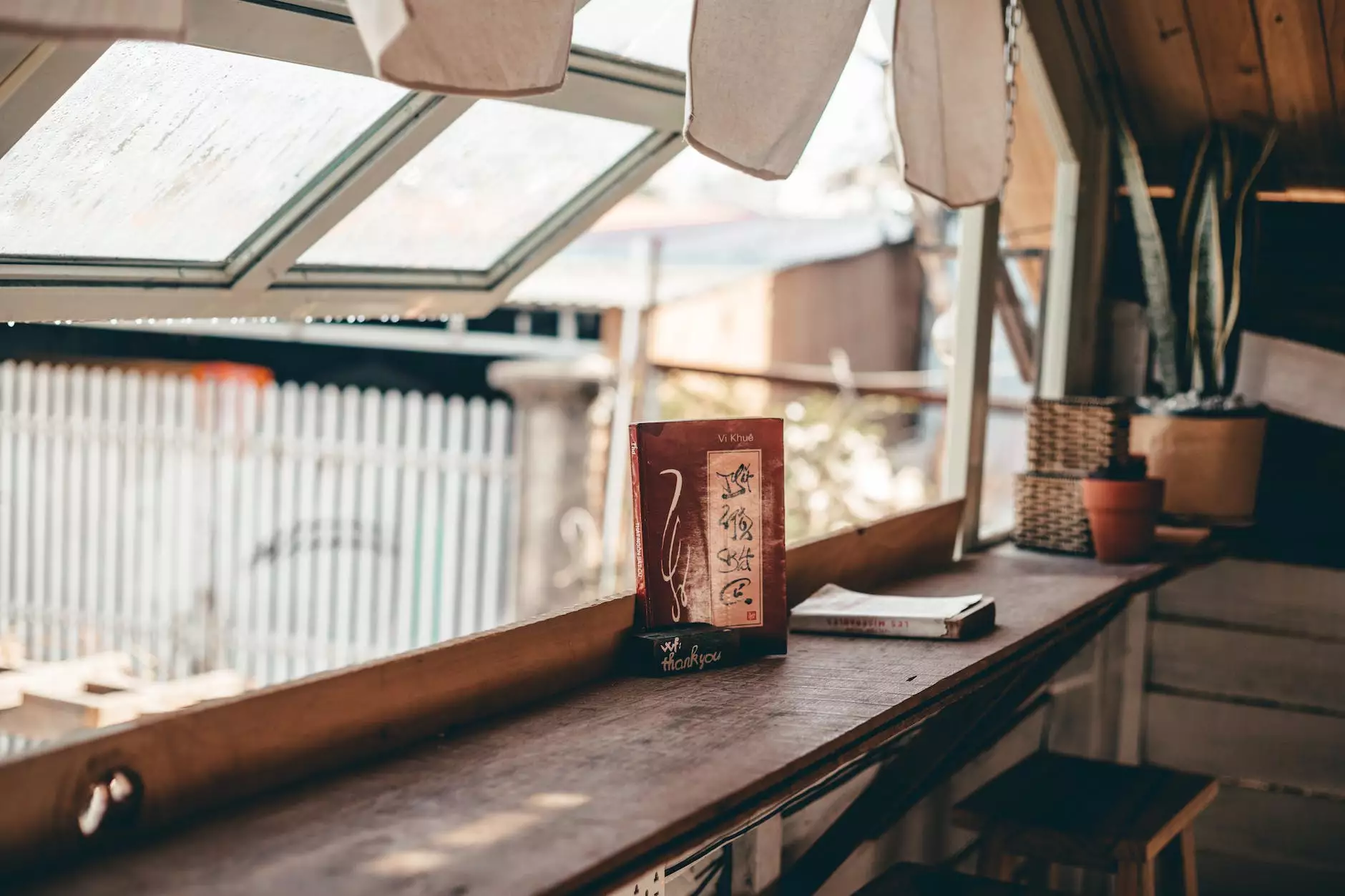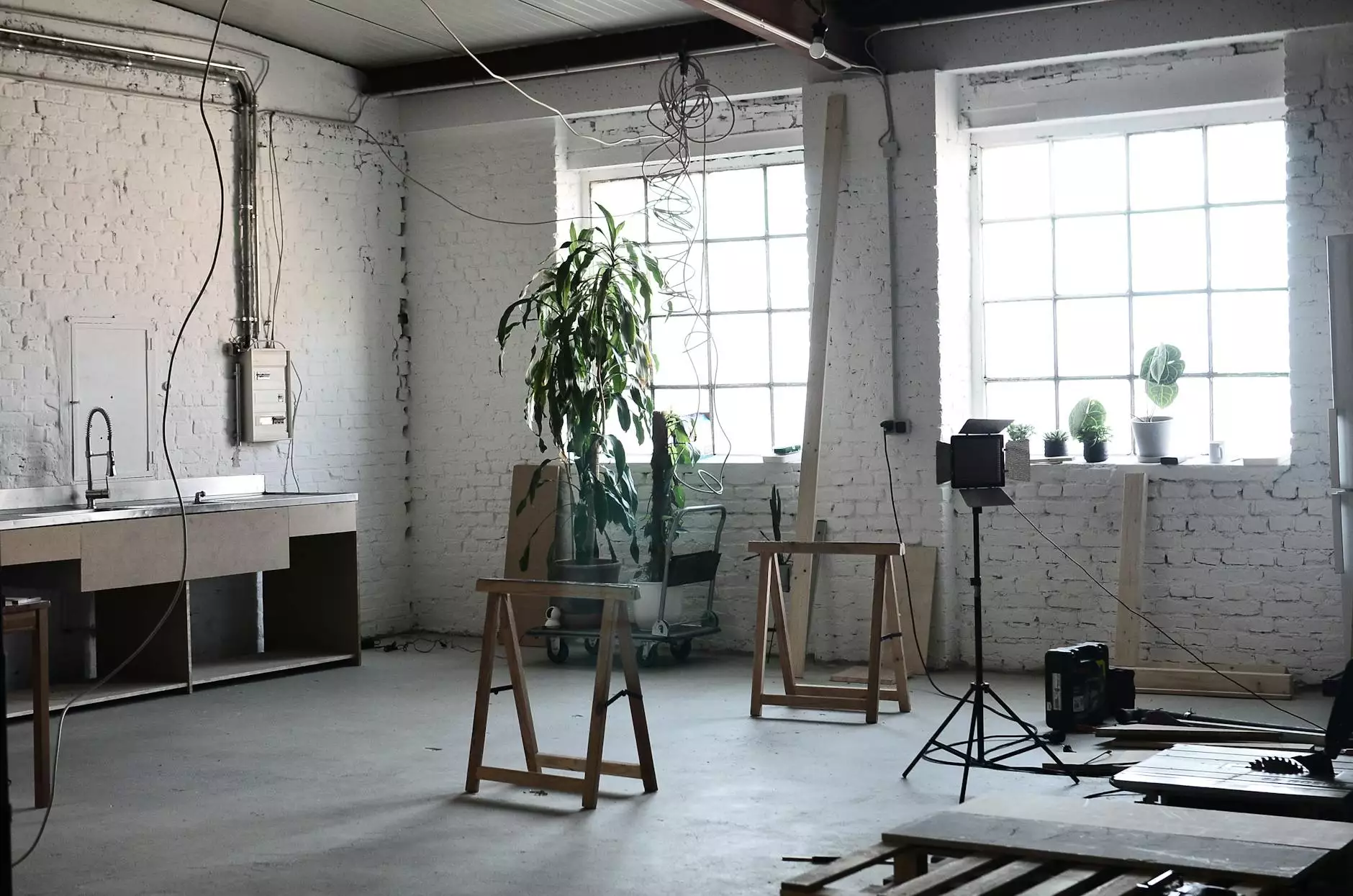Exploring the Dynamic Market of Properties in Singapore

Singapore, a jewel in Southeast Asia, is renowned for its bustling economy, diverse culture, and strategic location. This vibrant city-state has seen a remarkable surge in real estate developments, attracting both local and foreign investors alike. Understanding the landscape of properties in Singapore is crucial for anyone looking to buy, sell, or invest in this lucrative market. This comprehensive article will take you through the essential facets of properties in Singapore, including market trends, types of properties available, legal considerations, and insightful tips from the experts.
The Current Landscape of the Property Market in Singapore
The property market in Singapore is characterized by its resilience and consistent growth. Over the past decade, various factors have contributed to the robust nature of this market:
- Strong Economic Fundamentals: Singapore boasts a stable economy and a high GDP per capita, making it an attractive destination for both businesses and individuals.
- Foreign Investment: With policies encouraging foreign ownership, Singapore continues to be a hotspot for international investors.
- Government Policies: The Singaporean government plays a pivotal role by introducing regulations that stabilize the market and control housing prices.
- Limited Land Supply: Singapore's geographical constraints ensure that land supply remains limited, further enhancing property value.
Diverse Types of Properties Available
When exploring properties in Singapore, potential investors or homeowners will find a variety of options catering to different needs and preferences:
1. Residential Properties
These are the most sought-after properties, including:
- Condominiums: High-rise living that often comes with amenities such as pools, gyms, and 24-hour security.
- Landed Properties: Includes bungalows, semi-detached, and terrace houses, providing more space and privacy.
- HDB Flats: Affordable housing options available for Singaporeans, managed by the Housing Development Board (HDB).
2. Commercial Properties
As Singapore is a regional business hub, commercial properties have also become increasingly popular:
- Office Spaces: Located in prime business districts, suitable for multinational corporations and local businesses.
- Retail Spaces: Shopping malls, shops, and restaurants that cater to the vibrant consumer market.
- Industrial Properties: Warehouses and production plants that support the manufacturing sector.
3. Mixed-Use Developments
These are an innovative concept where residential, commercial, and leisure spaces coexist, reflecting the modern lifestyle preferences in urban settings.
Understanding the Legal Framework
Investing in properties in Singapore requires a firm understanding of the legal landscape. Here are key points to consider:
- Property Ownership Laws: Foreigners can purchase private residential properties but face restrictions on landed properties unless they obtain special permission.
- Stamp Duty: Buyers are required to pay stamp duty on property purchases, which varies based on the purchase price and the buyer's residency status.
- Financing Requirements: Most financial institutions provide home loans, but conditions may differ based on foreign ownership.
Market Trends and Future Outlook
The real estate market in Singapore is constantly evolving. Here are some trends and predictions:
1. Rising Demand for Sustainable Properties
Eco-consciousness is on the rise, leading to increased demand for environmentally friendly and energy-efficient buildings. Developers are focusing on sustainability features that align with global trends.
2. Integration of Technology
Smart home technologies and integrating tech into property management is becoming prevalent, enhancing user experience and operational efficiency.
3. Recovery Post-Pandemic
The COVID-19 pandemic temporarily impacted the property market. However, recovery is in progress, with a surge in new developments and interest in suburban living due to remote work flexibility.
Successful Investment Strategies in Properties in Singapore
Navigating the property market can be daunting, but with the right strategies, investors can reap substantial rewards:
- Conduct Thorough Market Research: Understand the neighborhoods, pricing trends, and upcoming developments in your area of interest.
- Diversify Your Portfolio: Consider investing in different types of properties, such as residential and commercial, to mitigate risks.
- Engage with Experienced Real Estate Agents: Partnering with knowledgeable agents familiar with the local market can provide valuable insights and connections.
- Focus on Location: The old adage "location, location, location" holds true. Properties in prime locations tend to appreciate faster.
Conclusion
In conclusion, the market for properties in Singapore offers a plethora of opportunities for investors and homeowners. With its strong economic fundamentals, diverse property options, and rigorous legal framework, Singapore remains a prime destination for real estate investment. By staying informed and employing strategic approaches, you can navigate this dynamic market successfully. For those seeking expert guidance, sgluxuryhomes.com.sg is a valuable resource for anyone looking to explore the myriad of properties available in this vibrant city.
properties in singapore








